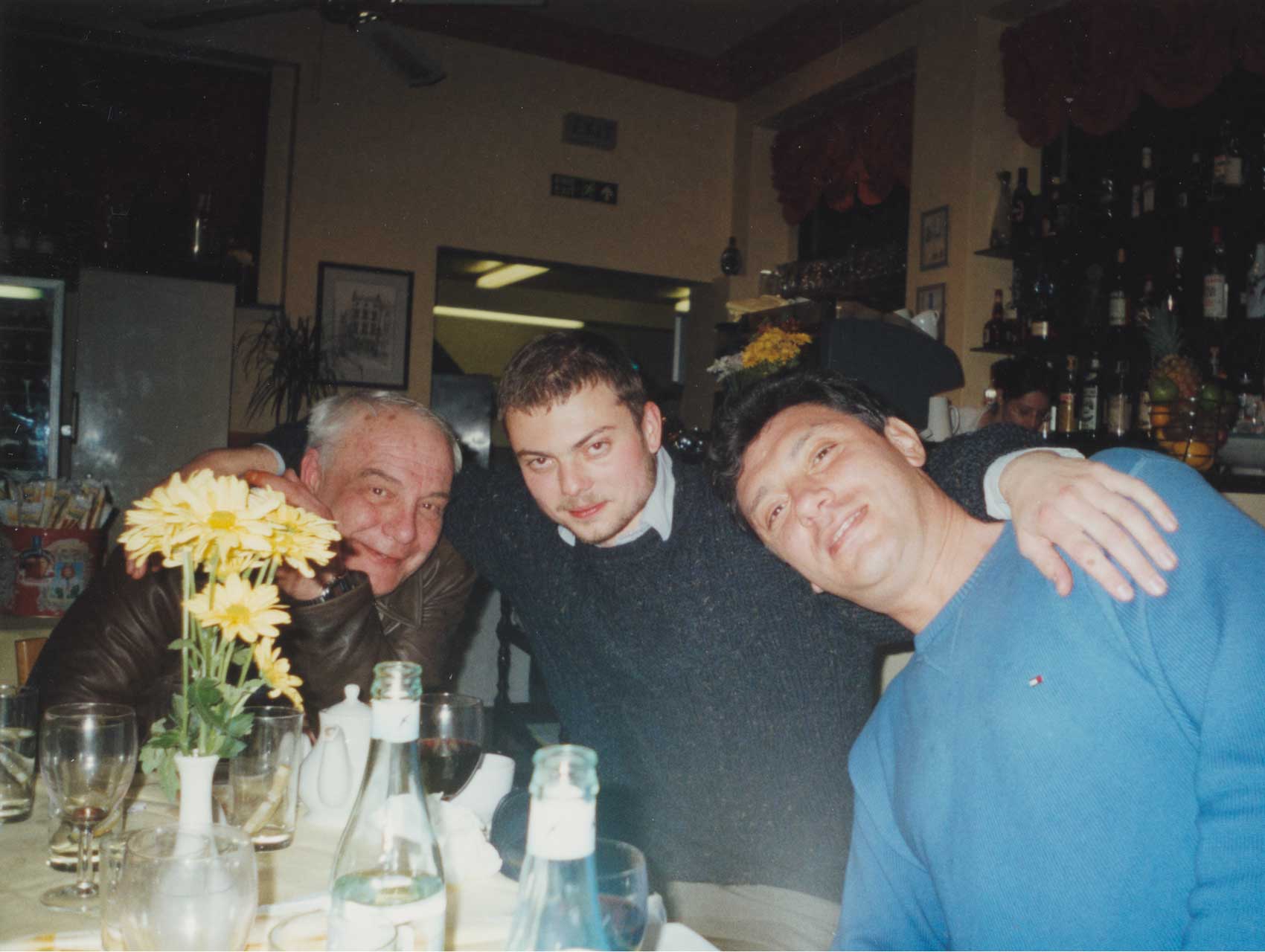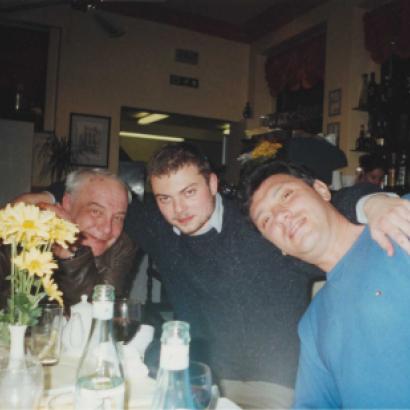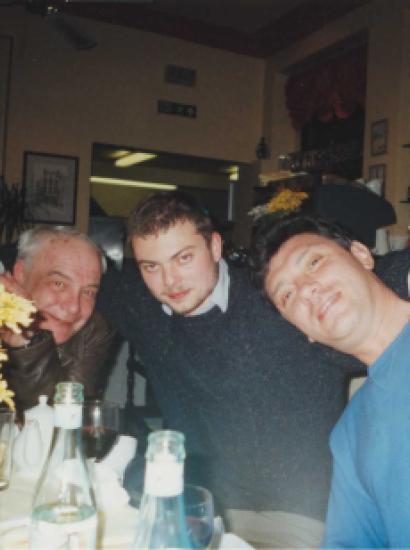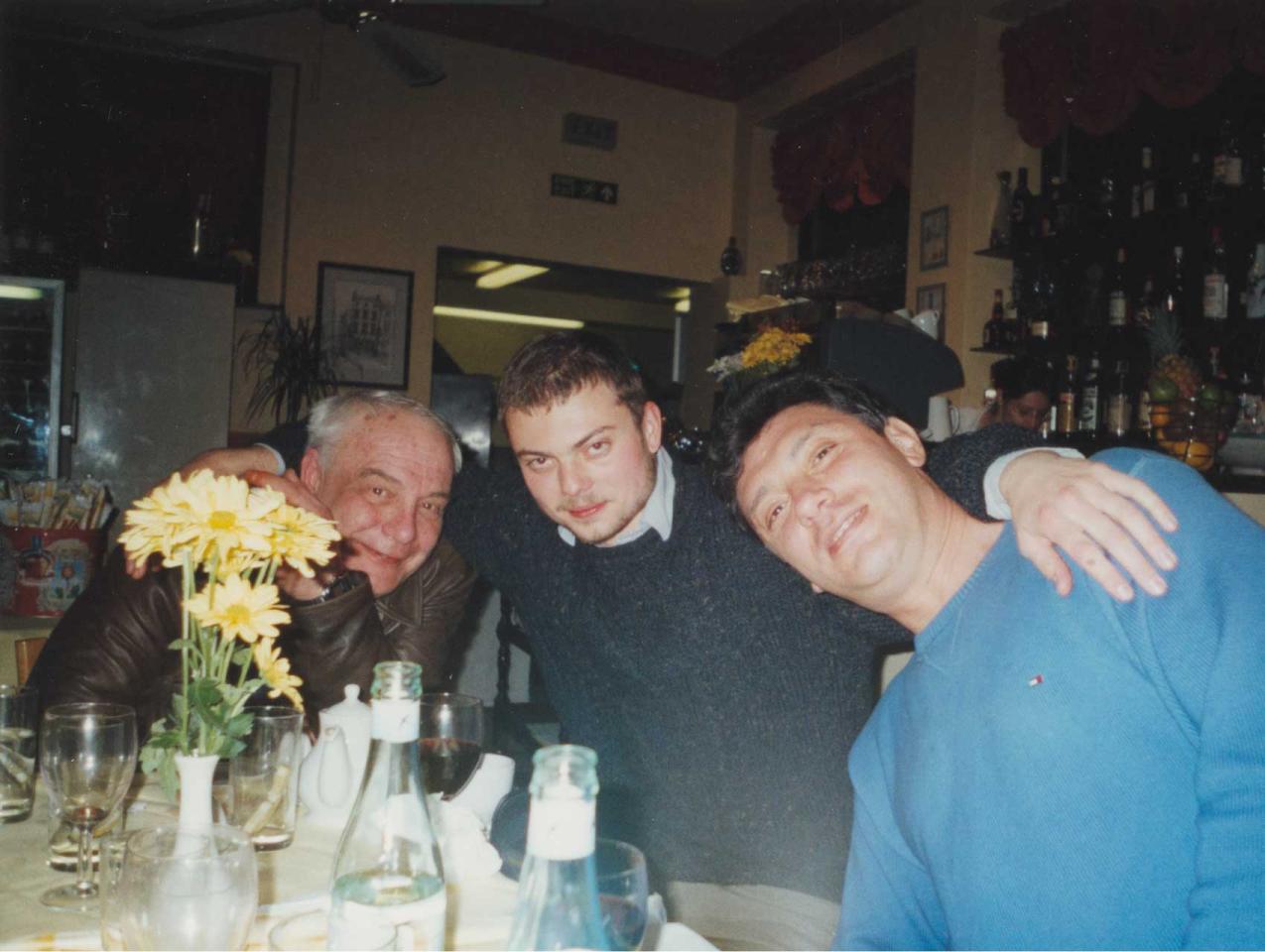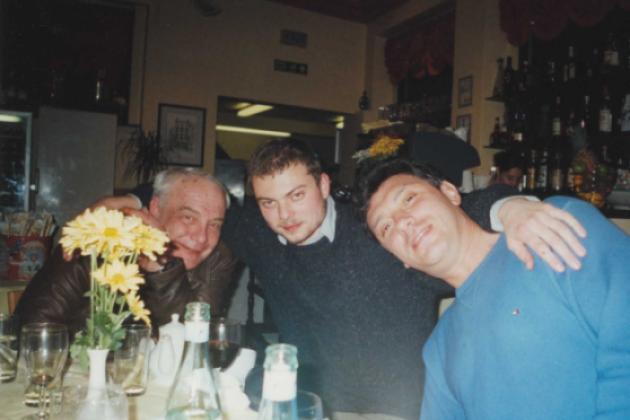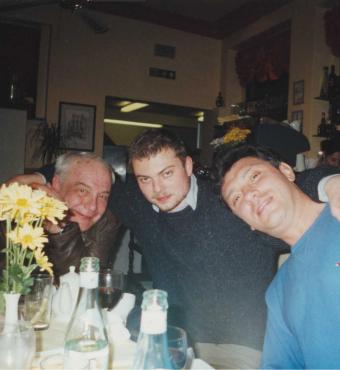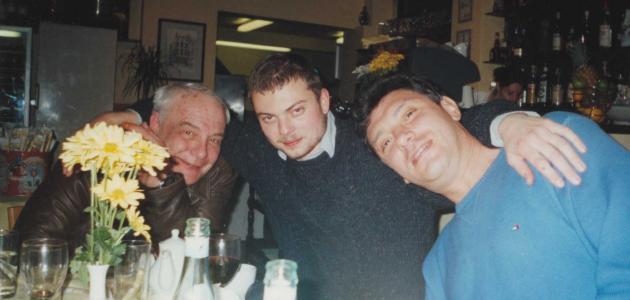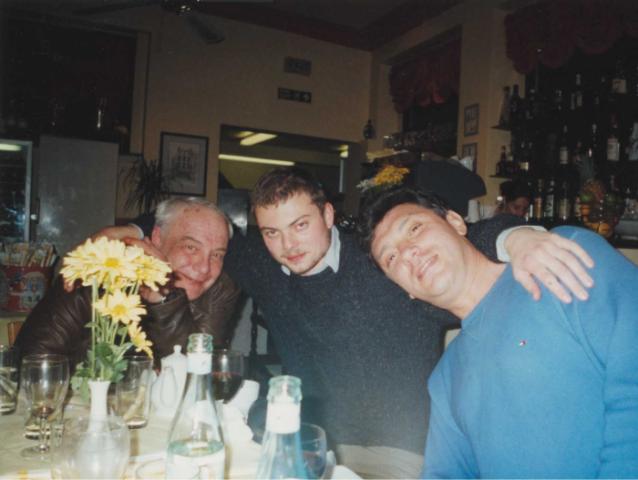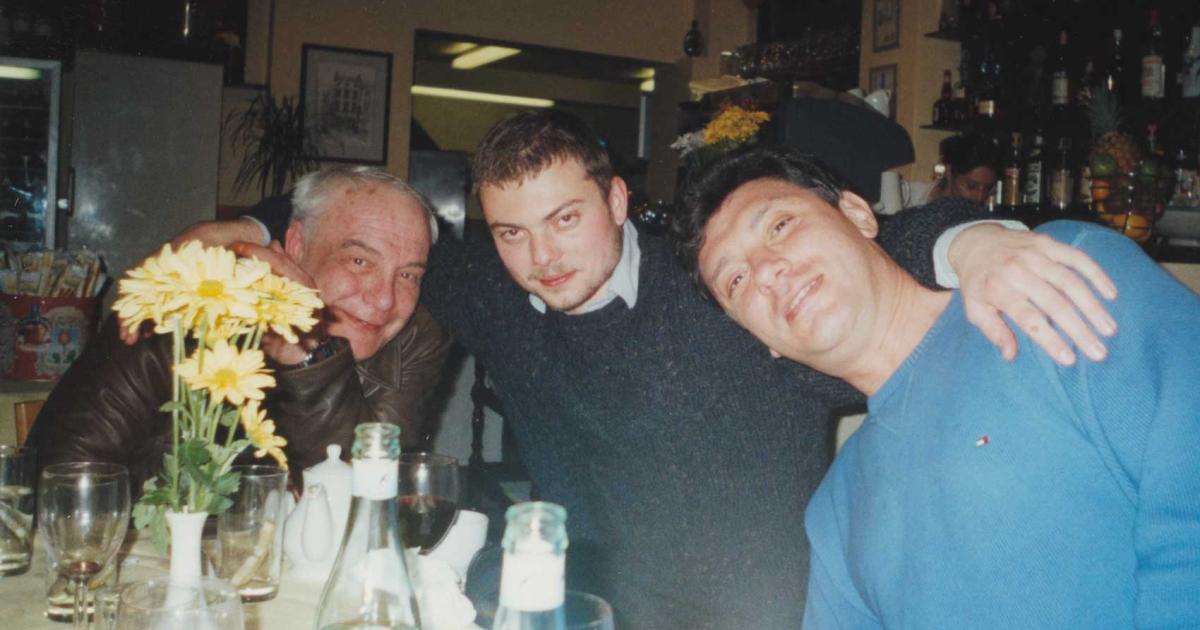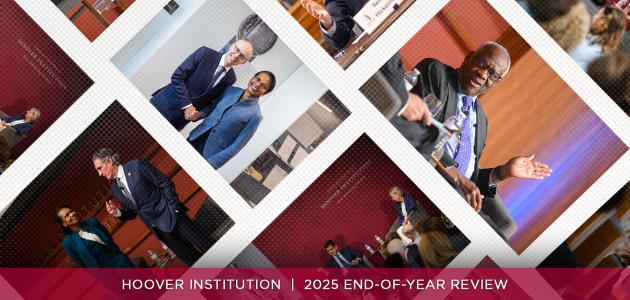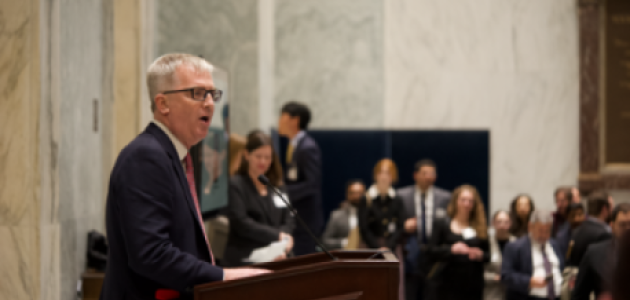
The 25-year jail sentence recently imposed on Russian civil rights and political activist Vladimir Kara-Murza for his opposition to the war in Ukraine has drawn new attention to the terrible fate of the Russian political opposition under the authoritarian regime of Vladimir Putin.
The Hoover Institution Library & Archives has been carefully documenting the rise and fall of democracy, human rights, and political pluralism in the Russian Federation even before its emergence as an independent state from the body of the Soviet Union until the present day. The Soviet and Post-Soviet Independent Publications collection captured the intellectual ferment unleashed by Glasnost and the loosening of censorship since the late 1980s, while election cycles and the issuances of a broad array of political parties and movements from the 1990s to the present are reflected in the Russian subject collection. The papers of various individuals involved in trying to establish democratic practices are also well-represented in the Library & Archives, from Soviet-era dissidents such as Vladimir Bukovskii to contemporary human rights activists like Elena Sannikova.
Kara-Murza's fate matches that of Alexei Navalny, another Russian opposition figure who also faced serious health complications and a lengthy incarceration. Together they form a special category of activists that are tragically increasing in number, as opponents of the regime find themselves imprisoned for lengthy sentences for “crimes” which would not even be considered as such in any ordinary Western democracy. Their lives during happier times are also reflected in the records and papers held by the Library & Archives.
Despite the regime’s total control of the media and the electoral process, when Navalny ran for mayor of Moscow in 2013, he managed to overcome the information blockade and received a substantial minority of the vote, so much so that the regime took notice of him as a serious threat and made every effort to destroy his organization (including making an attempt on his life), while also dismantling the last vestiges of electoral processes at the regional level. The materials depicted here date from Navalny’s mayoral bid in 2013 and the period that followed, with its increasing political polarization as Navalny and his anticorruption fund were attacked by the authorities. All this, and more, is reflected in the political documentation of the Russian subject collection.

Kara-Murza took a different path. He was not a career politician, but began as a journalist and historian of the Russian Empire, and was eventually drawn into politics. (The Library & Archives holds a copy of his book, “Reform or Revolution: On the History of the Attempt to Form a Responsible Ministry in the First State Duma (parliament)” which was presented by the author.) His choice to make a positive change in the Russian Federation hardened following the assassination of his friend Boris Nemtsov, which took place a few steps from the Kremlin in 2015. Kara-Murza’s dogged determination to bring the assassins to justice, along with a longer-standing involvement in the fight against corruption, also made him a target of the regime. The photograph, at the top right, was taken in 2002 and depicts Kara-Murza (center) with Boris Nemtsov (right) in the company of Vladimir Bukovskii, the symbolic elder figure of the Soviet dissident movement, whose papers are also available in the Library & Archives.
The Hoover Institution Library & Archives houses books and archival collections chronicling historical struggles for freedom, and it has long been a beacon for Russian, Ukrainian, and Soviet dissidents. As articulated by Herbert Hoover upon founding the Institution, its mission is “from its records, to recall the voice of experience against the making of war, and by the study of these records and their publication, to recall man's endeavors to make and preserve peace.”
In this manner, the Hoover Institution continues to fulfill its role as the leading Western repository for the history and contemporary politics of the Russian Federation and other independent states that emerged from the Soviet Union in 1991.




